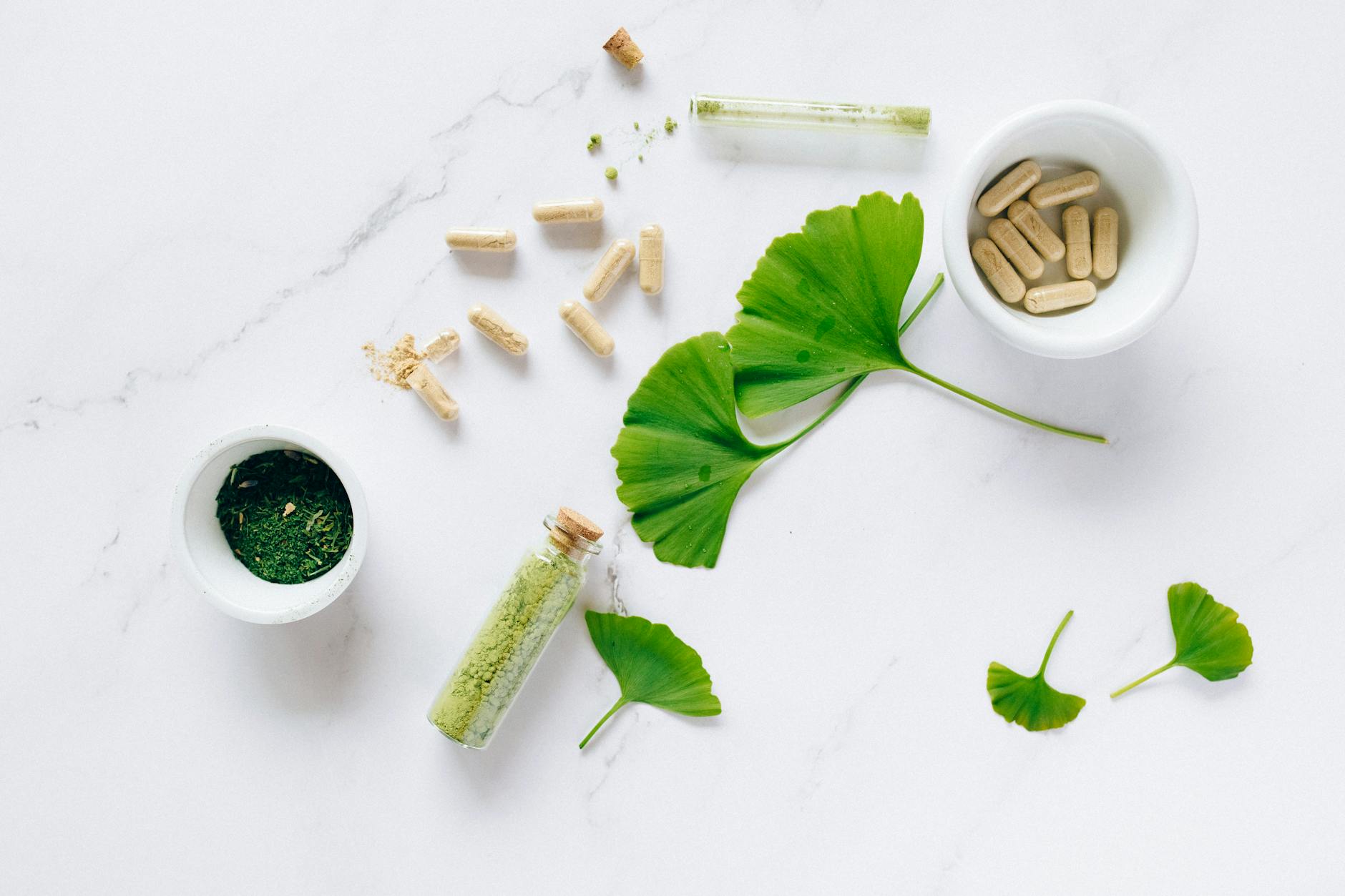Discover the surprising natural remedies that can help you beat yeast infections for good! Say goodbye to discomfort and itching.
Table of Contents
Understanding Yeast Infections
A yeast infection is a common fungal infection that affects many individuals, primarily women. It occurs when there is an overgrowth of a type of yeast called Candida albicans. While yeast is normally present in the vagina in small amounts, an overgrowth can lead to uncomfortable symptoms.
Common Causes of Yeast Infections
There are several factors that can contribute to the development of a yeast infection. Some common causes include:
- Antibiotics: Antibiotics can disrupt the natural balance of bacteria and yeast in the body, leading to an overgrowth of yeast.
- Weak Immune System: A weakened immune system can make it easier for yeast to multiply and cause an infection.
- Pregnancy: Hormonal changes during pregnancy can promote the growth of yeast.
- Diet: Consuming a diet high in sugar and processed foods can contribute to yeast overgrowth.
Recognizing the Symptoms
The symptoms of a yeast infection can vary from person to person, but some common signs include:
- Itching: The most common symptom of a yeast infection is itching in the vaginal area.
- Discharge: A thick, white, odorless discharge may be present.
- Redness and Swelling: The vulva may appear red and swollen.
- Soreness: Some individuals may experience soreness or pain during intercourse or urination.
Natural Treatment Options
While over-the-counter medications and prescription antifungal treatments are common remedies for yeast infections, there are also natural methods that can help alleviate symptoms and prevent future infections:
Probiotics
Probiotics can help restore the natural balance of bacteria and yeast in the body. Consuming probiotic-rich foods like yogurt or taking a daily probiotic supplement can support vaginal health.
Coconut Oil
Coconut oil has antifungal properties that can help kill off yeast. Applying coconut oil topically to the affected area can provide relief from itching and discomfort.
| Topic | Information |
|---|---|
| Causes | Yeast infections are usually caused by an overgrowth of the fungus Candida albicans in the body. Common causes include antibiotics, weak immune system, hormonal changes, and poor hygiene. |
| Symptoms | Common symptoms of a yeast infection include itching, burning, redness, swelling, and vaginal discharge. In men, symptoms may include redness, itching, and a rash on the penis. |
| How to Treat Naturally | 1. Probiotics: Consuming probiotic-rich foods like yogurt can help balance the bacteria in your body. 2. Coconut oil: Applying coconut oil topically may help reduce the symptoms of a yeast infection. 3. Garlic: Eating garlic or taking garlic supplements may have antifungal properties. 4. Tea tree oil: Diluted tea tree oil can be applied topically to treat yeast infections. 5. Apple cider vinegar: Adding a few tablespoons of apple cider vinegar to a warm bath can help soothe yeast infection symptoms. |
Garlic
Garlic is known for its antimicrobial properties and may help fight yeast infections. Inserting a garlic clove into the vagina for a few hours can help reduce yeast overgrowth.
Vitamin C
Vitamin C boosts the immune system and can help prevent yeast infections. Consuming foods rich in vitamin C or taking a vitamin C supplement may help support overall vaginal health.
Preventing Yeast Infections
There are steps you can take to reduce your risk of developing a yeast infection:
- Maintain Good Hygiene: Keep the vaginal area clean and dry to prevent yeast from thriving.
- Avoid Tight Clothing: Tight clothing can create a warm, moist environment that promotes yeast growth.
- Eat a Balanced Diet: Consuming a diet rich in fruits, vegetables, and whole grains can support a healthy balance of bacteria and yeast in the body.
- Avoid Harsh Products: Avoid using harsh soaps, douches, and feminine products that can disrupt the vaginal flora.
Conclusion
Yeast infections are a common condition that can cause discomfort and inconvenience. By understanding the causes, recognizing the symptoms, and exploring natural treatment options, you can take steps to manage and prevent yeast infections effectively. Remember to consult with a healthcare provider if you experience persistent or severe symptoms.
FAQ
Can men get yeast infections?
Yes, men can get yeast infections, although they are less common than in women. Symptoms may include redness, itching, and a rash on the penis. Treatment options are similar to those for women, including antifungal creams and natural remedies.
Are yeast infections sexually transmitted?
Yeast infections are not considered sexually transmitted infections, but they can be passed between partners through sexual activity. Both partners should be treated if one has a yeast infection to prevent reinfection.
Can stress cause yeast infections?
While stress itself may not directly cause yeast infections, it can weaken the immune system, making it easier for yeast to multiply and cause an infection. Managing stress through relaxation techniques and self-care may help prevent yeast infections.
How long does it take to treat a yeast infection naturally?
The duration of treatment for a yeast infection can vary depending on the severity of the infection and the effectiveness of the chosen remedies. With consistent use of natural treatments like probiotics, coconut oil, and garlic, symptoms may improve within a few days to a week.





